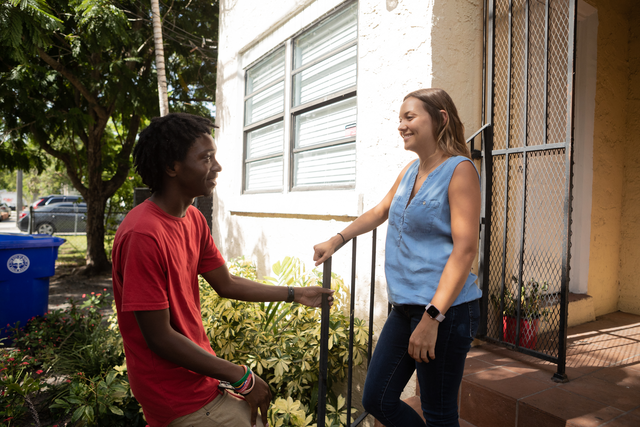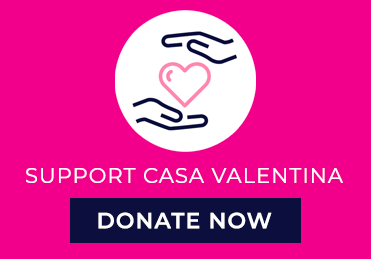A recent publication from the Child Welfare Information Gateway aims to provide foster parents with the tips and tools they need to help youth in their care transition successfully to adulthood.
Organized as a series of factsheets, the Guide addresses: building supportive relationships and connections; managing money; pursuing educational and vocational opportunities; finding and maintaining employment; securing housing; maintaining health and wellness; exploring identity and culture; and developing life skills.
Research and experience with this population shows that youth are more likely to succeed if they are exposed to: close relationships with caring adults, such as foster parents; high expectations; and opportunities for positive contributions and recognition through participation in extracurricular activities, church groups, etc.
Foster parents are in a unique position to help the youth in their care prepare for a successful future, by helping them create a transition plan and build the skills they need to carry it out. Some tips from the publication include:
Empower youth to make decisions.
Communicate high expectations and recognize success.
Encourage youth to develop peer support networks through participation in group activities with youth who have had similar experiences.
Use everyday “teachable moments” to provide lessons about smart shopping, paying bills, and saving for long-term goals.
Talk with youth about their educational goals, how their goals fit with their talents and job interests, possible barriers to achieving their goals, and next steps.
Support youth in gaining firsthand experience through volunteer activities, job shadowing, technical classes that increase skills, internships and apprenticeships, or entry-level jobs.
Promote a healthy diet and healthy lifestyle and involve youth in meal preparation and physical exercise.
Assist youth in gathering medical records that list past health-care provider names, major illnesses and conditions, medications taken, immunizations and family medical history.
Expose youth to experiences and interests that will build self-confidence.
Discuss expectations for adult behavior, and model such behavior.
It is a terrific resource for foster parents or anyone helping young people build a foundation for a successful transition to adult life.
You can read the full report here.




